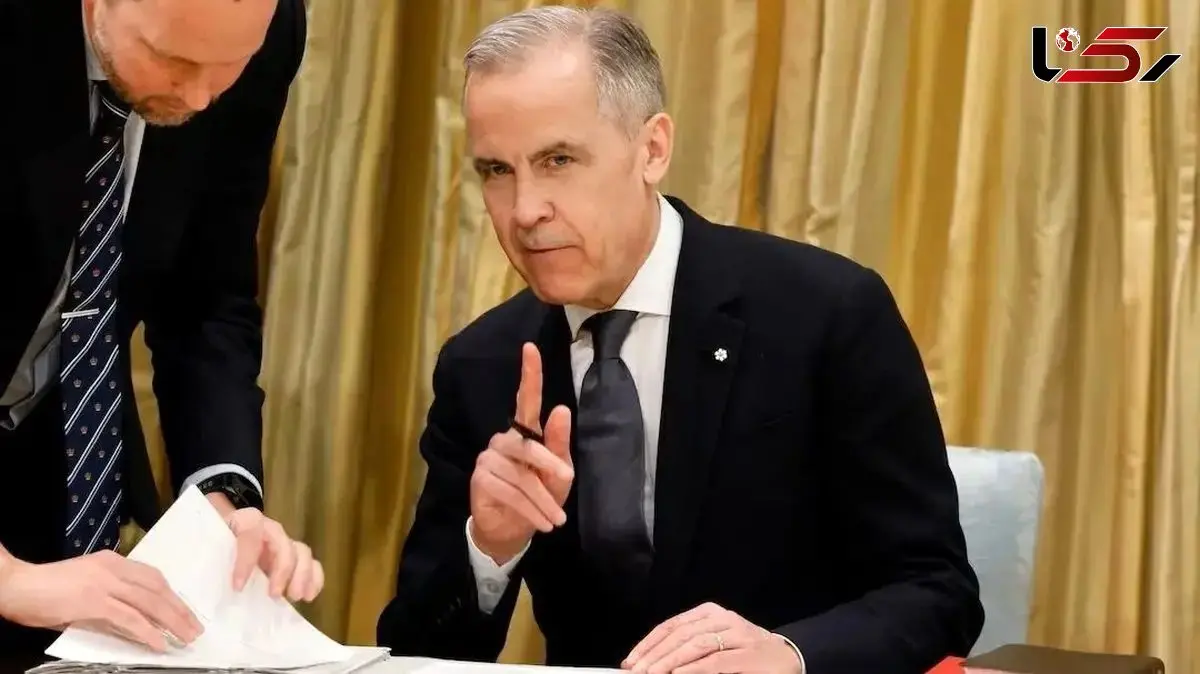Trump’s Controversial Policies Against Canada: Carney Moves East
Rokna Political Desk: Facing threats of additional tariffs from Donald Trump, the Prime Minister of Canada is seeking to reduce the country’s economic dependence on the United States. With the start of his trip to Asia, he aims to strengthen Ottawa’s position as a reliable trade partner in the region.

As trade relations with the United States hit a low point, Canada’s Prime Minister is turning his attention to Asia, attempting to present Ottawa as a trustworthy and stable option for trade.
According to Rokna, citing The New York Times. Mark Carney has begun a week-long tour of Asian countries amid an economic situation that is far from favorable. Factories are closing, employment is declining, inflation is rising, and there are signs that Canada is approaching an economic recession.
Moreover, U.S. President Donald Trump, who had criticized a Canadian television advertisement, has threatened to impose additional tariffs on Canada. Under these circumstances, Carney is under pressure to present a plan to reduce Canada’s economic reliance on the United States, hoping that Asia can provide an alternative to this dependence.
However, this new policy carries risks. Canada has tense relations with China, including allegations of Chinese interference in Canadian elections. Furthermore, there is the potential for U.S. displeasure over Canada’s growing ties with China, even as Trump himself is scheduled to meet with Chinese President Xi Jinping.
Carney has set an ambitious goal of doubling Canada’s exports to other countries within a decade, with expanding trade with Asia at the center of this strategy. Although the Association of Southeast Asian Nations (ASEAN) is Canada’s second-largest trading partner, only about 10 percent of Canada’s exports currently go to the region.
Carney is attempting to present Canada as a reliable and trade-friendly partner, creating an opportunity in response to the United States’ unpredictable and tariff-driven policies.
He has stated that the region, with more than 700 million consumers and a market worth over $5 trillion, holds great significance for Canada’s trade strategy.
During this trip, energy, agriculture, and technology have been key topics of negotiation. Canada has sent its first liquefied natural gas shipment to South Korea and doubled the capacity of this project to boost energy exports.
However, some experts caution that an excessive focus on Asia could hinder the reevaluation of the Canada-United States-Mexico Free Trade Agreement, which has so far protected the bulk of Canadian exports from Trump’s tariffs.
Nonetheless, in light of Trump’s recent attacks on Canada, Carney may have little choice but to seek new markets to sustain the country’s trade. At the conclusion of the ASEAN Summit, Trump stated that he had no interest in resuming negotiations with Canada, adding: “Canada has been deceiving us for a long time.”
Send Comments